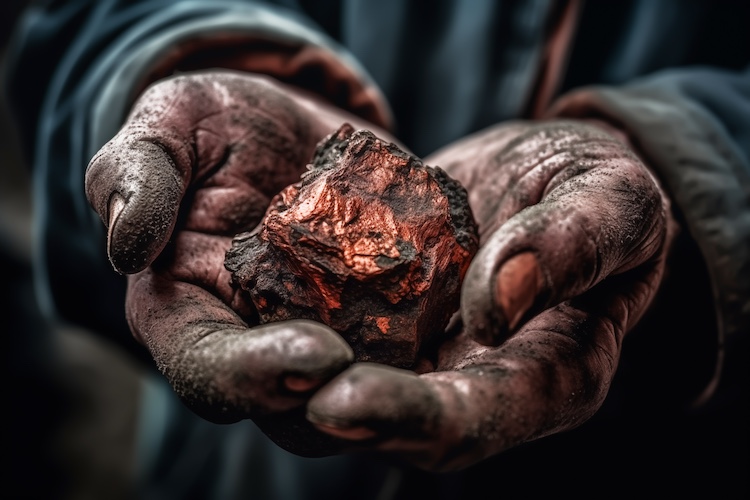Decrease Equipment Waste

As documented on previous pages, the catalyst technology will reduce fuel consumption, and maintenance and therefore, decrease equipment waste by an increased equipment longevity. An increase in longevity through combustion cleanliness topped with significantly lessening the most detrimental vibration (torsional) it stands to reason that all drivetrain-related components’ longevity would be substantially increased as well. Therefore, entire machines would last longer and overall waste (fuel, oil, replacement parts, and equipment, along with routine maintenance time and materials, including after-treatment).
In all aspects of hydrocarbon combustion waste, contamination, and corrosion occur. Specifically, oceangoing ships may have a myriad of performance enhancements: lower-cost fuel blends (improvements in fuel ignition and coastal water regulations), elimination or reduction of cold ironing necessity, improved toll speed due to lessened vibration, minimized corrosion/contamination from low-quality fuel (ring coking and injector fouling), significant adjustments in quantity and/or quality of cylinder lube oil, enhanced and prolonged operation of current aftertreatment, potential pollution credits and/or elimination of offset necessity.
OTR trucks’ engine longevity, aftertreatment performance and maintenance reductions, fuel economy, and potential emissions credits as an additional revenue stream.
Power plants reduced fuel consumption, minimal soot blowing, superheater/heat exchanger tube corrosion and firebox contamination, and potential emissions credits.
Off-road equipment fuel savings greater than catalyst cost (significant ROI), engine longevity, improved performance and service life of existing aftertreatment, etc.
Specific issues with any combustion of hydrocarbons result in deterioration. Ultimately wasting away until repairs are no longer feasible adding to overall potential waste even recycling is a consumption of energy. In addition, the deterioration also adds to increased contamination of exhaust emissions, lubricating oil, and aftertreatment life as well as performance. Any increase in combustor longevity is an environmental improvement especially if the longevity results in more efficient and cleaner operation.
Recycling of aftertreatment results are currently unknown and it is doubtful that the overall energy consumed in such a process has been evaluated setting aside its creation in the first place. Contact Bair research to decrease equipment waste.